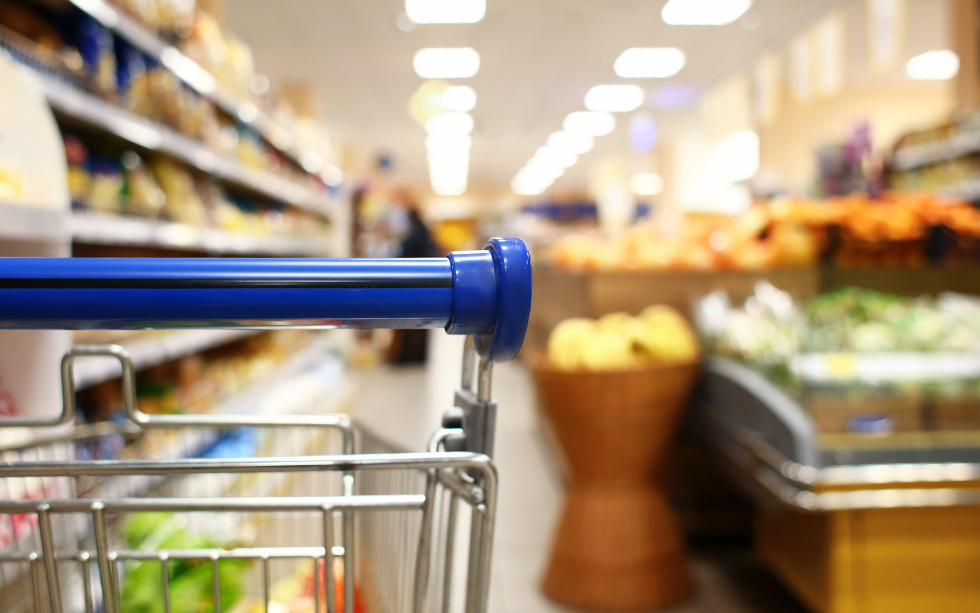By Nia D’Emilio, ReFED
A cornerstone of the Pacific Coast Food Waste Commitment (PCFWC) is data collection and sharing. But why is data so critical to food waste reduction initiatives? Because it allows everyone in the food supply chain—from the farmer to the grocer to the consumer—to find out how much food is being wasted, where the waste is happening, and the reasons why the waste is being generated. Once baseline measurements are determined, they can be used to target waste hotspots through any number of interventions.
In April of this year, the PCFWC released the most robust food waste data for the retail sector in the United States to date. From 2019 to 2022, U.S. grocery retailers on the Pacific Coast decreased the number of tons of unsold food in their regional operations by 25%—nearly 190,000 tons of food valued at $311 million—which represents a decrease in the amount of food at risk of going to waste. Additionally, there was a 20% increase in the rate of unsold food being donated, a 28% increase in the rate of unsold food getting composted, and an estimated 30% decrease in the total carbon footprint of unsold food in the region. This marked the most significant progress in the retail sector to date, and the data served as the longest year-over-year aggregated dataset in the U.S., making it “best in class” for benchmarking and tracking progress in this sector.
For the PCFWC—a public-private partnership between food businesses and state- and local-level jurisdictions on the West Coast—reducing regional food waste is its primary mission. In addition to collecting, aggregating, and analyzing this significant data, the PCFWC uses it to inform intervention pilot projects that pilot, test, and scale food waste solutions. To date, sixteen intervention projects—testing and scaling everything from employee engagement programs to artificial intelligence solutions to identifying waste hotspots for specific food items—have been completed across sectors and competitive barriers.
The PCFWC knows firsthand that collaboration is the key to making progress in food waste reduction. On this International Food Loss and Waste Day, the PCFWC is proud to participate in the fight against food waste by encouraging others to work across the supply chain to stop wasting food once and for all.

Recent Comments